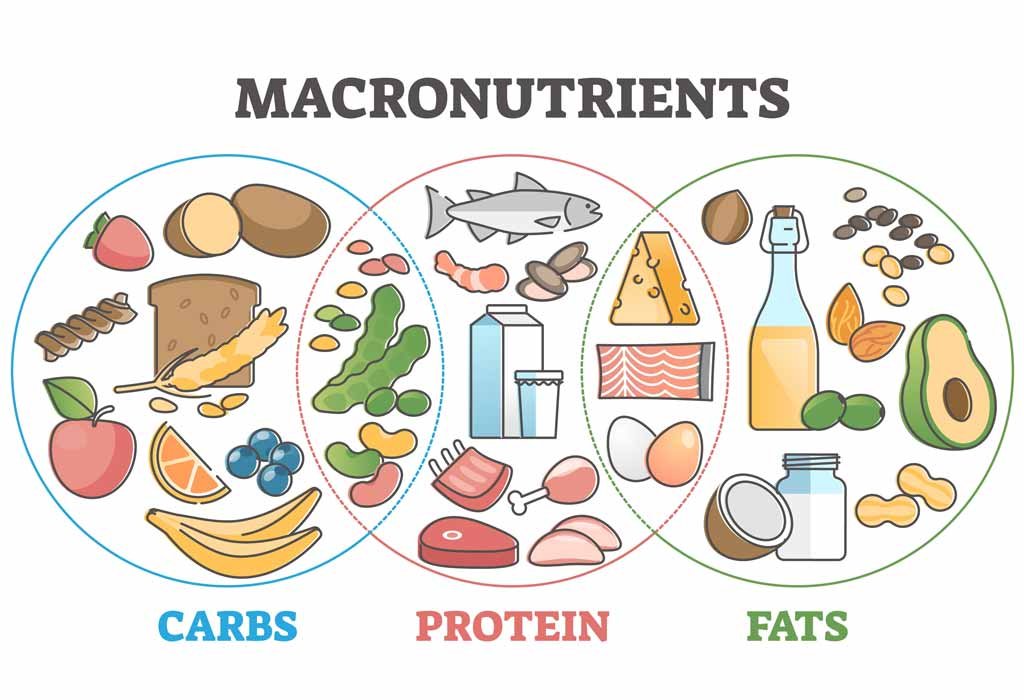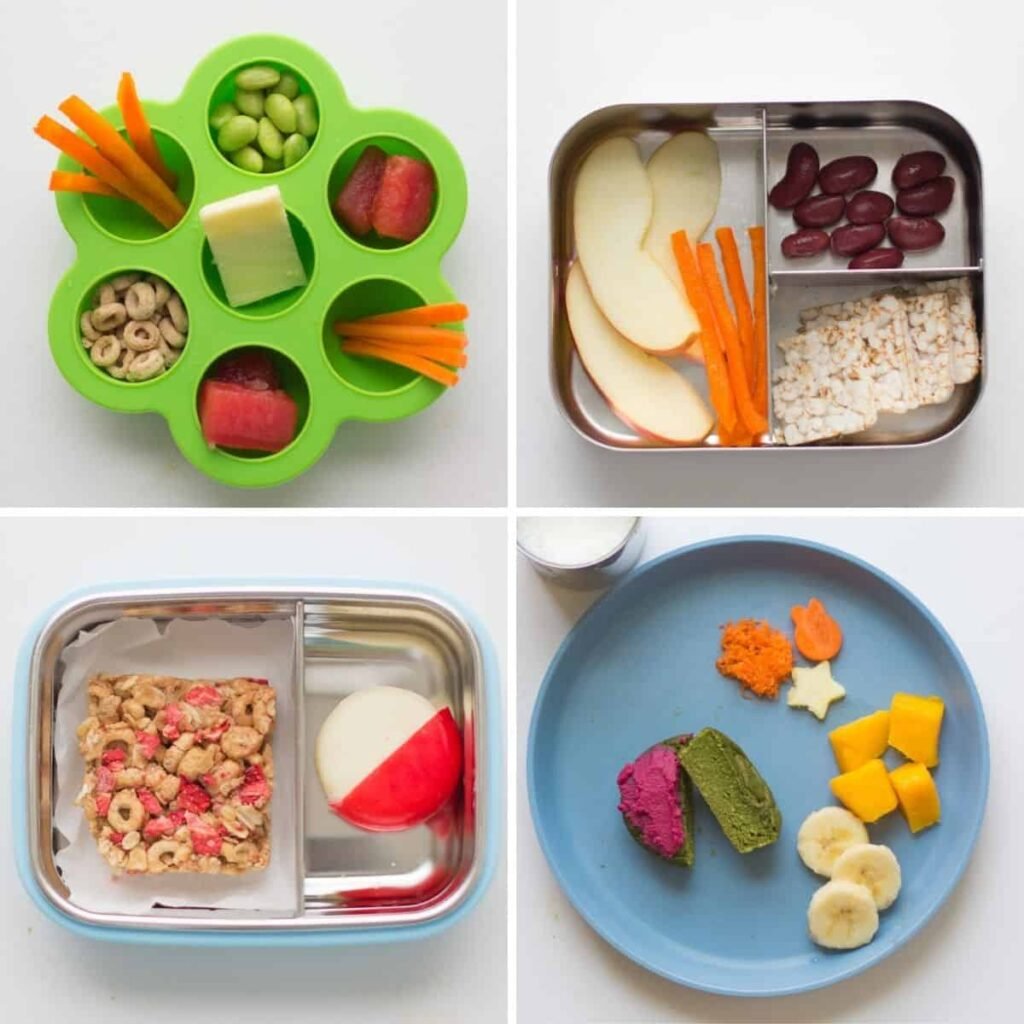Healthy Eating Habits for Young Children
Ensuring that young children develop healthy eating habits is crucial for their growth and overall well-being. At our preschool in Varanasi, we emphasize the importance of nutritious meals and snacks to support the physical and mental development of our students. Here, we share some practical tips and guidelines for fostering healthy eating habits in young children.

1. Balanced Diet Essentials
A balanced diet provides the necessary nutrients for a child’s growth and development. Ensure that your child’s meals include a variety of foods from the following groups:
- Fruits and Vegetables: Rich in vitamins, minerals, and fiber, fruits and vegetables should make up a significant portion of your child’s diet. Encourage them to try different colors and types to ensure a range of nutrients.
- Proteins: Essential for growth and repair, protein sources such as lean meats, eggs, beans, and nuts are vital. Incorporate these into meals in a child-friendly way, such as through finger foods or fun-shaped servings.
- Whole Grains: Whole grains like brown rice, whole wheat bread, and oats provide energy and fiber. Opt for whole grains over refined grains to maximize nutritional benefits.
- Dairy: Dairy products like milk, cheese, and yogurt are excellent sources of calcium and vitamin D, which are crucial for bone health. For children who are lactose intolerant, consider fortified alternatives like almond or soy milk.
2. Healthy Snacking

Snacks are an important part of a young child’s diet, helping to maintain energy levels throughout the day. Opt for healthy snacks such as:
- Fresh Fruits: Apples, bananas, berries, and oranges make for quick and nutritious snacks.
- Vegetable Sticks: Carrot sticks, cucumber slices, and bell pepper strips are crunchy and fun to eat, especially with a healthy dip like hummus.
- Yogurt: A great source of calcium and protein, yogurt can be paired with fresh fruit or a drizzle of honey for added flavor.
- Nuts and Seeds: Small portions of nuts and seeds provide healthy fats and proteins. Be cautious of choking hazards and potential allergies.
3. Hydration is Key
Ensure that your child stays hydrated throughout the day. Water is the best choice for hydration. Limit sugary drinks like sodas and fruit juices, which can lead to unhealthy weight gain and dental problems. Encourage your child to drink water regularly, especially after physical activity.
4. Involve Children in Meal Preparation
Getting children involved in meal preparation can spark their interest in healthy eating. Simple tasks like washing vegetables, stirring ingredients, or setting the table can make them feel included and excited about the meals they are helping to prepare. This hands-on experience can also teach them about different foods and the importance of a balanced diet.
5. Lead by Example
Children often mimic the behavior of adults, so it’s important to model healthy eating habits. Eat a variety of nutritious foods and show enthusiasm for healthy choices. When children see their parents enjoying healthy meals, they are more likely to develop similar habits.
6. Create a Positive Mealtime Environment
Make mealtimes enjoyable and stress-free. Avoid using food as a reward or punishment, and try to have family meals as often as possible. This can foster a positive association with healthy eating and encourage children to try new foods.
Conclusion
Developing healthy eating habits in young children sets the foundation for a lifetime of good health. By providing balanced meals, encouraging healthy snacks, ensuring proper hydration, involving children in meal preparation, and leading by example, parents can significantly influence their child’s dietary habits. At our preschool in Varanasi, we are committed to promoting healthy eating and providing nutritious meals to support the well-being of our students.

